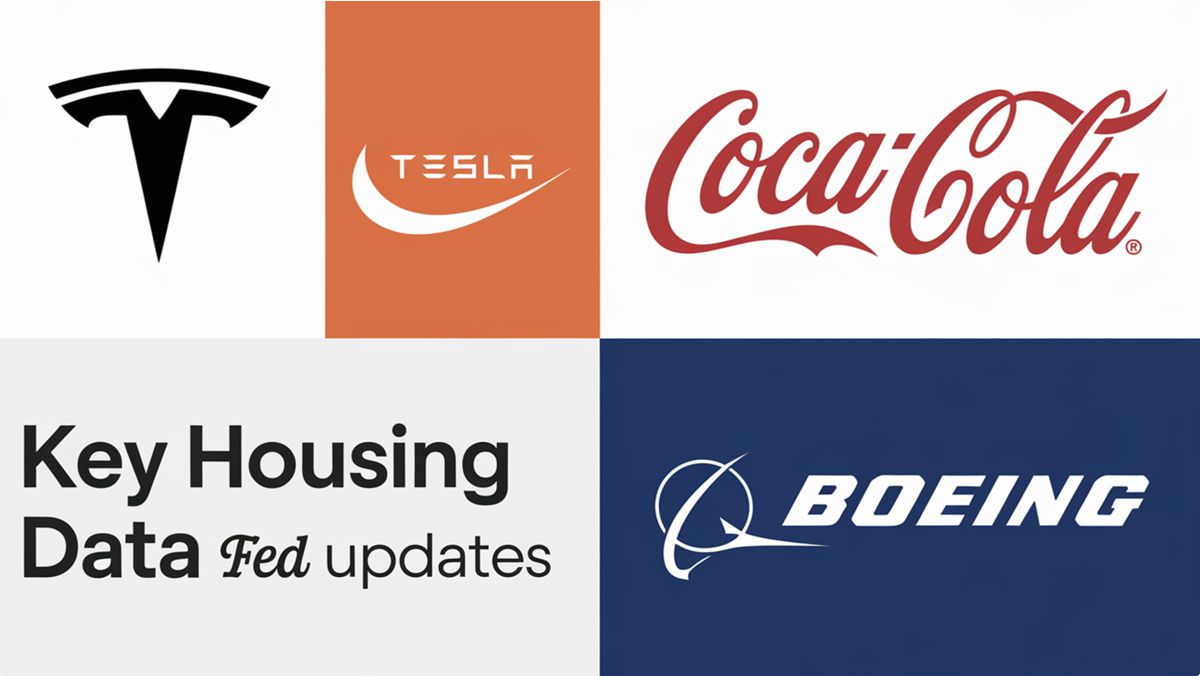Microsoft Unveils Autonomous Copilot Agents to Challenge Salesforce in AI-Driven CRM Market

The Rise of Autonomous Agents
Autonomous agents represent a significant leap in AI technology, offering capabilities that extend beyond traditional automation. These agents are designed to handle specific tasks such as managing client queries, identifying sales leads, and processing inventory, thereby automating routine functions and freeing up employees to focus on more strategic work. Microsoft’s Copilot Studio, set to premiere for the public in November 2024, is at the forefront of this innovation.
Key Features of Microsoft’s Autonomous Agents
- Low-Code/No-Code Development: One of the standout features of Microsoft’s autonomous agents is their accessibility. Users can create custom agents using low-code or no-code instructions, promoting accessibility and enabling employees without extensive coding knowledge to develop tailored AI solutions.
- Integration with Microsoft Ecosystem: These agents leverage enterprise data from platforms like Microsoft 365 Graph, Dataverse, and Fabric, ensuring seamless integration with existing Microsoft applications. This integration allows for a more cohesive and efficient workflow, enhancing productivity across various business processes.
- Human-in-the-Loop Approach: Microsoft emphasizes a “human-in-the-loop” approach, incorporating safeguards that allow workers to oversee and intervene in the agents’ work to maintain trust. This approach ensures that while the agents operate autonomously, human oversight remains a critical component, balancing efficiency with accountability.
- Diverse Use Cases: Microsoft has introduced 10 new use cases for these autonomous agents within Dynamics 365, focusing on sales, customer service, and supply chain functions. For example, they can vet sales opportunities, track supply chain performance, and support customer service teams.
Competing with Salesforce: A Strategic Move
Salesforce, with its Agentforce platform, has been a dominant player in the customer management software market. By launching autonomous agents, Microsoft is positioning itself as a formidable competitor. Here’s how Microsoft’s strategy stacks up against Salesforce:
Customization and Integration
Salesforce’s Agentforce is known for its customization capabilities and deep integration within its applications. However, Microsoft’s Copilot offers broader pre-built functionalities across its applications, providing a more extensive suite of tools for users. This integration within the Microsoft ecosystem could be a game-changer, offering users a seamless experience across various productivity tools.
Market Penetration
Microsoft boasts approximately 85% market penetration for productivity apps, suggesting that many Salesforce users are likely also using Microsoft 365 products. This overlap presents an opportunity for Microsoft to leverage its existing user base and introduce them to the new capabilities of Copilot’s autonomous agents.
Performance Metrics
While Salesforce CEO Marc Benioff has criticized Microsoft Copilot for being inaccurate and likened it to the outdated Clippy assistant, Microsoft has reported a doubling of Copilot daily users and a 60% increase in sales quarter over quarter. These metrics indicate that Microsoft’s Copilot is providing value in the workplace, contrary to Benioff’s claims.
The Broader Implications of AI-Powered Customer Management
The introduction of autonomous agents is not just a competitive move; it reflects a broader trend towards AI-powered customer management. Here’s what this means for the industry:
Enhanced Efficiency and Productivity
Autonomous AI agents streamline workflows and automate repetitive tasks, allowing employees to focus on strategic, high-impact work. This shift could lead to better allocation of human resources towards more creative tasks, ultimately enhancing productivity and operational efficiency.
Improved Customer Experience
By grounding their operations in an organization’s own data—such as CRM records, customer calls, and service histories—AI agents deliver more informed insights and recommendations, ensuring they take the right actions. This leads to improved customer interactions and satisfaction.
Cost Reduction and Competitive Advantage
By automating tasks and processes, businesses can reduce labor and operational expenses. Companies adopting these agents can optimize operations and improve customer experiences, helping them stay ahead of competitors.
Challenges and Considerations
While the potential benefits of autonomous agents are significant, there are challenges that businesses must address:
Data Privacy and Security
As with any AI technology, data privacy and security are paramount. Companies must ensure that their AI systems adhere to strict privacy standards and protect sensitive customer information.
Ethical Considerations
The ethical implications of AI, including biases and accountability, must be carefully managed. Companies are encouraged to use AI transparently and responsibly to build customer trust and exhibit leadership in responsible AI development.
Workforce Transformation
While AI is expected to automate repetitive tasks, there are concerns about job displacement. Companies will need to invest in retraining and upskilling their workforce to adapt to AI technologies.
Looking Ahead: The Future of AI in Business Software
As we look to the future, the integration of AI in business software solutions is set to streamline operations, enhance efficiency, and provide a more intuitive user experience. The ongoing advancements in AI technology promise a future of innovative applications and improved business operations.
Actionable Insights for Investors
For investors, the launch of Microsoft’s autonomous agents represents a significant opportunity. As AI continues to transform the business landscape, companies that successfully integrate these technologies will be well-positioned to capitalize on the benefits. Investors should consider the following:
- Monitor Adoption Rates: Keep an eye on how quickly businesses adopt Microsoft’s autonomous agents and the impact on productivity and customer satisfaction.
- Evaluate Competitive Positioning: Assess how Microsoft’s strategy compares to competitors like Salesforce and the potential for market share growth.
- Consider Ethical and Regulatory Factors: Stay informed about the ethical and regulatory considerations surrounding AI adoption and how companies are addressing these challenges.
In conclusion, Microsoft’s launch of autonomous agents for its Copilot AI assistant software marks a significant step in the evolution of AI-powered customer management. As the company competes with Salesforce and other industry players, the success of this initiative will depend on its ability to deliver tangible benefits to businesses and address the challenges associated with AI adoption. For investors, this represents an exciting opportunity to be part of a transformative shift in the business software landscape.

